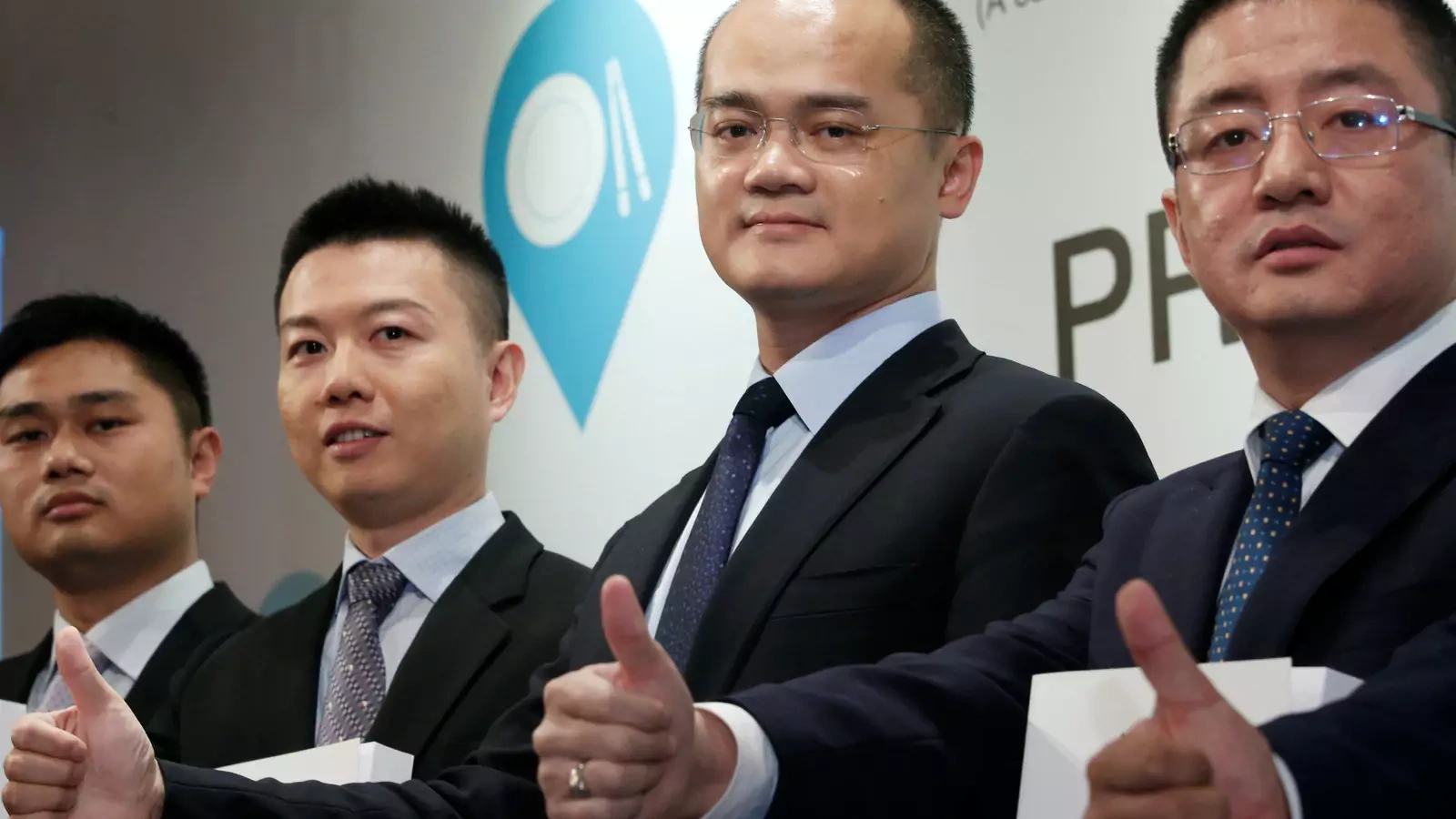Trump is Rising to the China Challenge in the Worst Way Possible

China has 800 million Internet users and is overtaking the United States in areas such as drones, mobile payments, bike sharing and artificial intelligence. But Trump is responding to the China challenge in the worst way possible.
Originally published at Washington Post
September 30, 2018 4:27 pm (EST)

- Article
- Current political and economic issues succinctly explained.
In 1998, the year Google was founded, 2 million Chinese were connected to the Internet, compared with 83 million Americans. Two decades on, China has 800 million Internet users and is overtaking the United States in areas such as drones, mobile payments, bike sharing and artificial intelligence. Given this sea change, President Trump’s paranoia about China is understandable. But Trump is responding to the China challenge in the worst way possible.
The president is right that Chinese courts and regulators collude with Chinese companies to steal U.S. technology. But as the Taiwanese-born venture capitalist Kai-Fu Lee argues in a new book, the larger point is that China has moved far beyond the point of merely mimicking Western inventions. Even if Trump’s trade war stopped Chinese technology theft completely, it would not change the most unsettling aspects of China’s advance.
More on:
Lee offers the story of Wang Xing, an entrepreneur nicknamed “the cloner,” who was once a poster child for China’s tech copycats. In 2003, 2005, 2007 and again in 2010, Wang replicated America’s hottest start-up idea for the Chinese market: His rip-off of Facebook even featured the tagline “A Mark Zuckerberg Production.” But Wang has become much more than a cloner. The last of his ventures, which began as a copy of the digital discount business Groupon, has expanded into food delivery, hotel bookings and movie tickets. The upshot is a company, Meituan Dianping, worth more than 20 times as much as Groupon.
The same story holds for China’s tech sector writ large. Alibaba began as “the Chinese eBay,” but it has long since grown beyond online auctions, spawning the financial services group Ant Financial, the world’s most valuable privately held tech firm, or “unicorn.” Tencent began as a Chinese version of AOL’s instant-messaging service, but now it offers everything from social networking to online gaming to music. Of the top 10 unicorns listed by Wikipedia, three are American, one is Indian, and six are Chinese.
Most striking of all, China is poised to win the race in artificial intelligence, the field Lee entered as a doctoral student at Carnegie Mellon University three decades ago. The technical breakthroughs behind the recent AI explosion took place in Canada, the United States and Britain; China was marginal. But now that the technical innovations are in hand, China is speeding ahead with the task of implementation. In 2017, Chinese AI start-ups attracted more venture capital than did their U.S. rivals. PricewaterhouseCoopers estimates that, by 2030, China will add $7 trillion to its gross domestic product as a result of AI deployment, nearly double the bonanza expected in all of North America.
The stakes here are enormous. Artificial intelligence is not a discreet product class, like social media platforms or ride sharing. Rather, it is like electricity: a breakthrough that will revolutionize activities from translating documents to making loan decisions to predicting consumer behavior. Moreover, because AI requires large data sets, there is a winner-takes-all tendency that should alarm China’s competitors. Companies with the most data will have the best products. The best products will attract the largest number of customers, who in turn will generate additional data, reinforcing the front-runners’ advantage. And then there is AI’s military potential: swarms of autonomous killer drones, new forms of cyberwarfare.
Trump’s strategy of clamping down on Chinese intellectual-property theft misses the scope of this challenge. As Lee and other venture capitalists attest, China’s AI acceleration is powered by ferociously gladiatorial entrepreneurs who (as Lee puts it) would send Google employees scurrying for their nap pods. It is also driven by richer data, reflecting the way the Chinese use smartphones for everything from booking a doctor’s appointment to paying for their vegetables. Finally, China’s success is helped along by AI-friendly infrastructure. The government has plans for intelligent highways equipped with sensors and solar panels to guide and power electric self-driving vehicles.
More on:
The United States will never match China’s maniacal, frequently unethical, win-at-all-costs commercial culture. On the other hand, there is nothing to stop it from investing in smart infrastructure and recognizing the social gains from rich data before it regulates its tech titans. But the really obvious imperative is the one that Trump mangles completely: The United States should make the most of its attractiveness to immigrants. Whatever China’s progress, most talented people would prefer to live in the United States — for its intellectual and personal freedom, for the security afforded by the rule of law, for its culture and its heroes.
Just the other week, the erstwhile cloner Wang Xing celebrated his company’s initial public offering. He seized on this occasion to thank none other than the late Steve Jobs: “Without iPhone, without mobile Internet, everything we do today wouldn’t have been possible.” The worldwide allure of American role models gives the United States a unique advantage in drawing talent to its shores — if only American leaders could bring themselves to leverage it.
This article was originally published in the Washington Post, available at this link.
 Online Store
Online Store